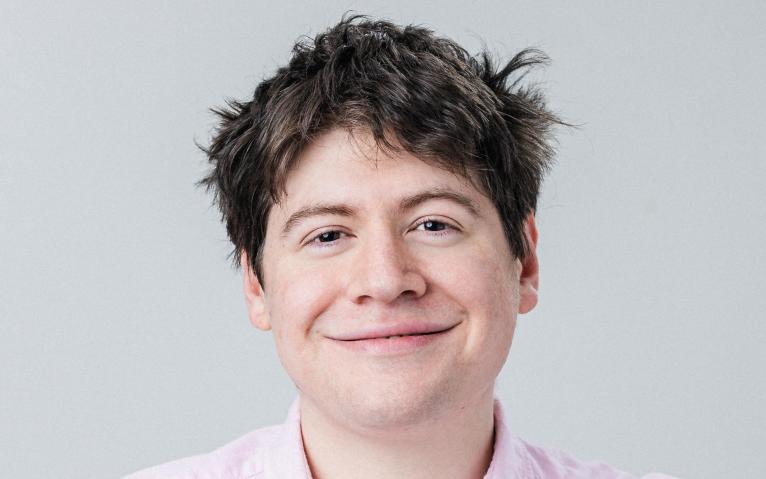
Dante Prado
Doctor of Philosophy in Germanic Studies (PhD)
Research Topic
Laughter amidst wars and crises in German modernism
G+PS regularly provides virtual sessions that focus on admission requirements and procedures and tips how to improve your application.
These videos contain some general advice from faculty across UBC on finding and reaching out to a potential thesis supervisor.
Theses completed in 2010 or later are listed below. Please note that there is a 6-12 month delay to add the latest theses.
This thesis offers a posthumanist reading of Sigmund Freud’s psychoanalytic theories on body-ego and its somatic relations to the environment in Das Ich und das Es (The Ego and the Id), Die Traumdeutung (The Interpretation of Dreams), and Das Unbehagen in der Kultur (Civilization and its Discontents). Agential Realism, a philosophy proposed by Karen Barad, builds on recent insights in quantum physics. Using Barad’s theory, I read bodies as “intra-actively” entangled with matter and meaning, so that the body-ego as “phenomenon” materializes from a co-constitutive subject position within relationships with others. Unlike interaction, where pre-existing entities meet, “intra-action” emphasizes the mutual constitution of entangled agencies. This approach allows re-centering the body in ego formation and the subject-object relations in psychoanalysis. Following Barad’s understanding that “knowing is a direct material engagement” (Meeting the Universe Halfway, 2007), this analysis offers novel paths to engage with Freud’s creative somatic materializations in the body. Posthumanist feminist philosophies are uniquely situated to elucidate the intra-activity of the unconscious as enlivened and productive. This “biological phantasy” (Wilson, Gut Feminism 2015) as both somatic and imaginary, constitutes a collective event through which body-ego emerges. Just as “matter feels, converses, suffers, desires, yearns and remembers” (Barad), this material reworking provides a novel understanding of the creative relation of the Freudian body-ego with cultural phenomena and collective states. The proposed theory offers new perspectives on psychoanalysis through a new materialist lens when navigating the willful aberrations of bodily unruliness.
View record
If this is your researcher profile you can log in to the Faculty & Staff portal to update your details and provide recruitment preferences.